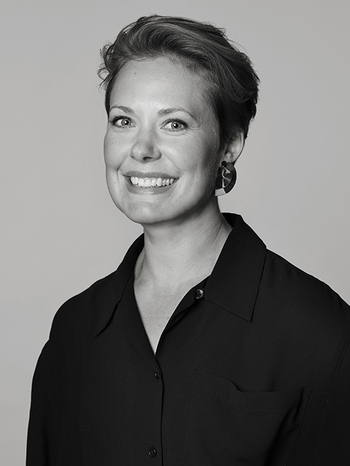Francesco Clemente
'The Four Elements'
Executed 1983. Oil on canvas 236 x 198 cm.
Alkuperä - Provenienssi
Jan Eric Löwenadler, Stockholm.
Näyttelyt
Sperone Westwater Gallery, New York, 'Francesco Clemente', 2 April - 10 May 1983.
Rooseum - Center for Contemporary Art, Malmö, Sweden, 'Francesco Clemente. The Fourteen Stations' (a traveling exhibition organised by The Whitechapel Art Gallery, London), 10 september – 23 oktober 1983, cat. no 11.
Kirjallisuus
'Francesco Clemente - Fresco Paintings', Fundacion Caja de Pensiones, exhibition catalog, Madrid, 1987. Illustrated p. 82 exhibition view from Sperone Westwater Gallery, 1983.
Muut tiedot
The title of the work “The Four Elements” refers to the four primal elements of Fire, Water, Earth and Air as defined in Greek philosophy, Hinduism and Buddhism. Centrally placed on the canvas is a dreamlike depiction of a body floating between heaven and earth. The face is that of the artist, the arms contorted, the lower body dissolved. The facial expression is determined, while surrounded by an aura of mystery of the unseen, unfathomable. Contrary to his contemporaries of the Abstract art movement of the 80s, Clemente’s primary subject matter is his own body and self-portraiture.
Clemente depicts himself awake or in dreams, his body exaggerated or distorted, transmuting between human and animal, male and female. Painted in vibrant colours, the paintings draw from diverse cultural periods and stylistic sources. Elements, senses and symbols filter through these works and weave together details drawn from Indian folk history and popular culture, as well as Western cultural tradition. These self portraits, suggest that not only does one subject have many forms, but also that the history, culture and religion that define each place where Clemente has lived and worked, has accumulated in the artist's memory.
Francesco Clemente was born in Naples, Italy, in 1952. After an early academic background in classical languages and literature, he briefly enrolled as an architecture student at the University of Rome, in 1970. Throughout the 1970s he exhibited drawings, altered photographs and conceptual works across Europe.
Clemente travelled to India for the first time in 1971 and later visited Afghanistan with his friend and mentor Alighiero e Boetti. Before settling and establishing his studio in New York in 1980, Clemente lived on and off for ten years in India, where he studied Sanskirt as well as Hindu and Buddhist literature, educating himself in the library of the Theosophical Society in Chennai (formerly Madras). There he absorbed the culture, craftsmanship, and folk art traditions, while learning first-hand from Indian miniaturists and sign painters who were making billboard advertisements for Bollywood films.
The 1980s in New York were marked by a strong esprit de corps among the worlds of art, poetry, avant-garde theatre and film, fashion, and popular music. Invigorated by the exchange of creative energy with his new friends and colleagues, Clemente rapidly expanded the scope of his work. He produced his first large-scale oil paintings in the winter of 1981-82, a series of twelve paintings titled The Fourteen Stations, which were shown at the Whitechapel Art Gallery in London in 1983. He began an open-ended series of portraits of visitors to his studio, and participated in numerous collaborative projects, working with Jean-Michel Basquiat and Andy Warhol on a group of paintings, and illustrating poetry by Robert Creeley, Allen Ginsberg, John Wieners, among others.

































































